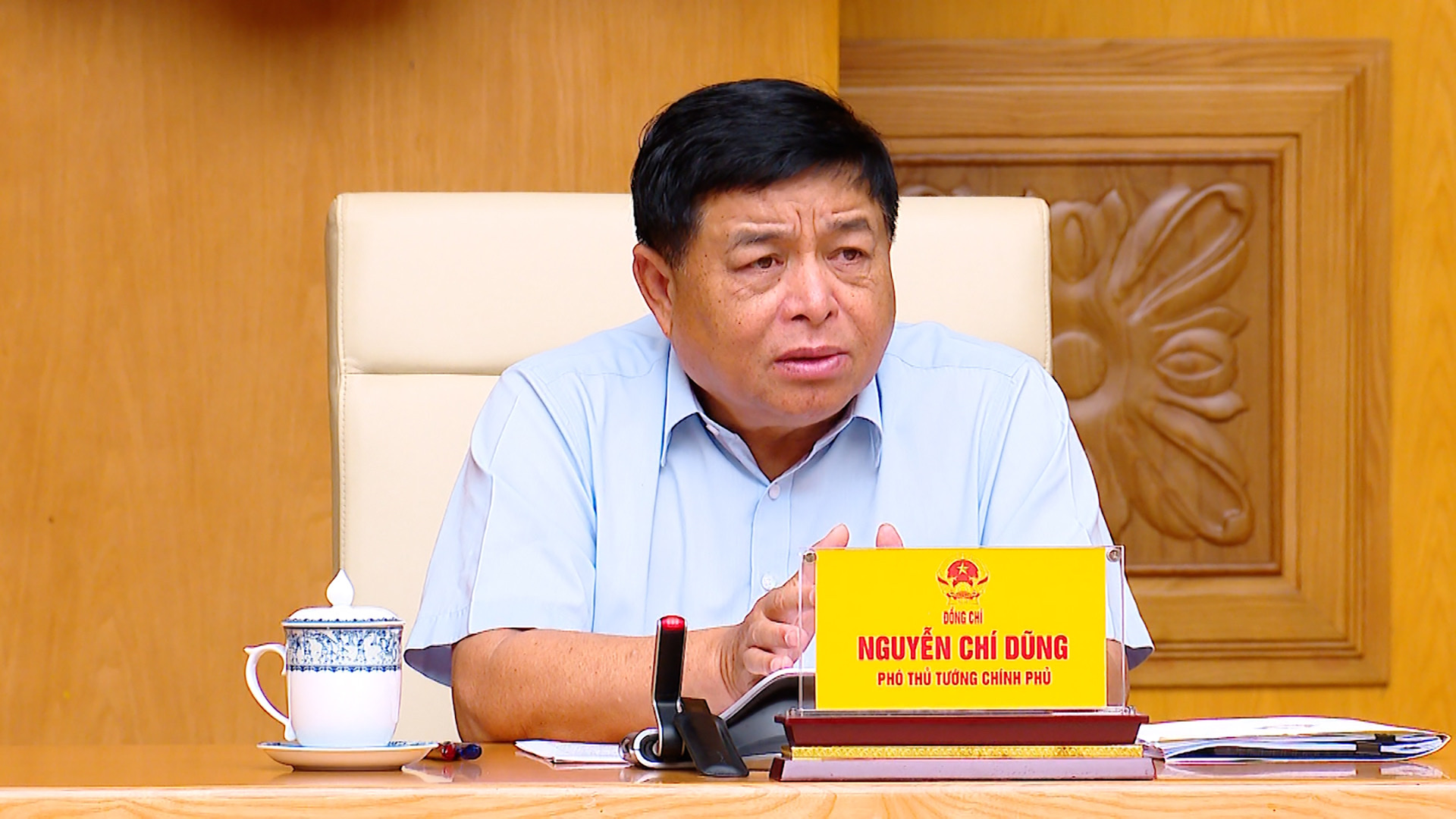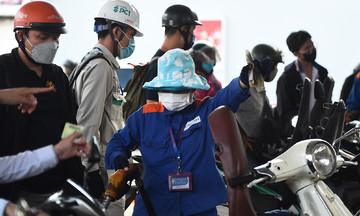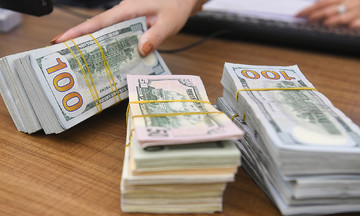At a meeting of the steering committee for the Development of the State-Owned Economy on 6/8, deputy prime minister Nguyen Chi Dung said the committee will take a comprehensive approach to the state-owned economy when developing this plan.
He asked committee members to focus on key areas and accurately assess the current situation, including the existing limitations, of the state-owned economy. From there, the committee will analyze the causes, lessons learned, and propose new, breakthrough orientations, tasks, and solutions to develop this sector.
The deputy prime minister also noted that the resolution's content must be concise, focused, specific, action-oriented, and immediately implementable upon issuance.
 |
Deputy prime minister Nguyen Chi Dung speaks at the steering committee meeting on the development of the state-owned economy, 6/8. Photo: VGP |
Deputy prime minister Nguyen Chi Dung speaks at the steering committee meeting on the development of the state-owned economy, 6/8. Photo: VGP
The steering committee for the Development of the State-Owned Economy was established last month by a decision signed by prime minister Pham Minh Chinh. The committee is tasked with developing a plan to improve the efficiency of the state-owned economic sector. The plan will be submitted to the politburo for the issuance of a resolution on the state-owned economy.
Deputy prime minister Nguyen Chi Dung assessed this plan as important and challenging, as it forms the foundation and driving force for mobilizing and effectively utilizing state resources, contributing to rapid development and achieving double-digit growth targets in the coming period.
"The state-owned economic sector and state-owned enterprises hold significant resources, so solutions are needed for this sector to be more effective, affirming its leading, controlling, guiding, and diffusing role in the economy, and pioneering in new, strategic fields," Dung said.
Currently, Vietnam lacks a clear theoretical and conceptual definition of the state-owned economy, hindering a comprehensive assessment of this sector. Based on research and practice, the Ministry of Finance has proposed two options for defining the state-owned economy.
Option 1 focuses on entities including enterprises with state capital and state-owned credit institutions; public service units providing competitive services; and extra-budgetary state financial funds with credit characteristics.
Option 2 expands this definition to include public resources and assets such as the state budget, state reserves, land, natural resources, and public assets (infrastructure and headquarters).
At the meeting, most steering committee members favored option 1. Some suggested adopting option 1 while considering incorporating elements of option 2.
The deputy prime minister also expressed his preference for option 1. The Ministry of Finance will gather feedback and further clarify the definitions. In case of an expanded approach, the drafting agency and government leaders will consider some elements of option 2, but option 1 will remain the primary focus.
Last year, the total assets of 671 state-owned enterprises (473 wholly state-owned and 198 with over 50% state ownership) reached over 5.6 quadrillion dong, a 45% increase compared to 2023. These enterprises had total revenue of nearly 3.3 quadrillion dong, a 24% increase. Pre-tax profit was nearly 227,500 billion dong, an 8% increase. They contributed almost 400,000 billion dong to the state budget, a 9% increase.
Phuong Dung












